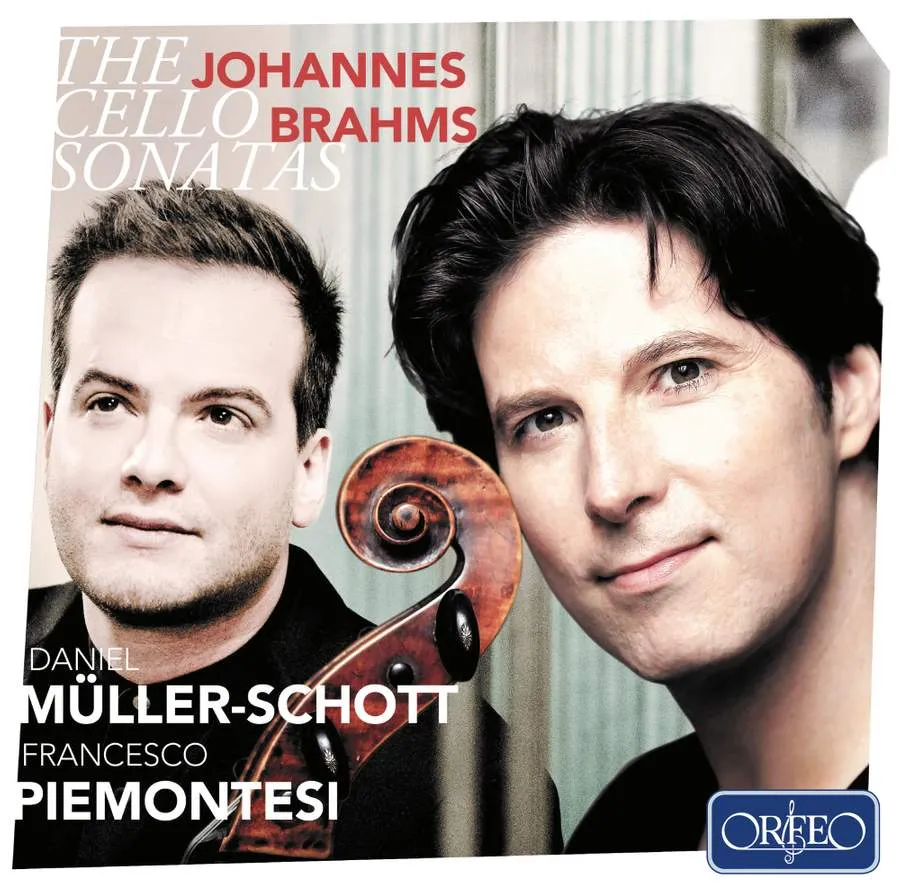
Brahms Cello Sonatas Nos 1 & 2; Violin Sonata No. 1 in D major, Op. 78 'Regen' (arr. violin) Daniel Müller-Schott (cello), Francesco Piemontesi (piano) Orfeo C979201 78:15 mins
To hear cellist Daniel Müller-Schott and pianist Francesco Piemontesi play these challenging sonatas with such captivating musicality and effortless technical poise, captured in alluringly natural sound, is to be reminded of the astonishingly high standards that nowadays we take almost for granted. If Jacqueline du Pré and Daniel Barenboim (on EMI/Warner) represent Brahmsian extroversion at its most dynamically compelling, and Yo-Yo Ma and Emanuel Ax’s first recording (RCA/Sony) a deeply introspective soundworld in which every phrase carries a special poignancy, Müller-Schott and Piemontesi illuminate the composer’s characteristically full textures with a deftness and ardent freshness that suggests a Schubertian rather than Beethovenian emotional trajectory.
The tendency to play ‘in the moment’ has become almost part-and-parcel of this music’s historical rhetoric, yet Müller-Schott and Piemontesi create more of a sense of playing ‘in the movement’. This works especially well in the tricky pizzicato opening of the Second Sonata’s Adagio affetuoso – an effect that feels more convincing in theory than it invariably sounds in practice – which is allowed to flow gracefully, unhindered by over-vibratoed intensity.
In the sonatas the composer composed originally for cello, some might miss in Müller-Schott’s playing the baritone-heavy, richly-laden espressivo of mainstream accounts; yet his cello sound proves ideal in his own transcription of the D major Violin Sonata, his lithe deftness of touch and tonal purity making it sound for all the world like a glorious cello original.
Julian Haylock